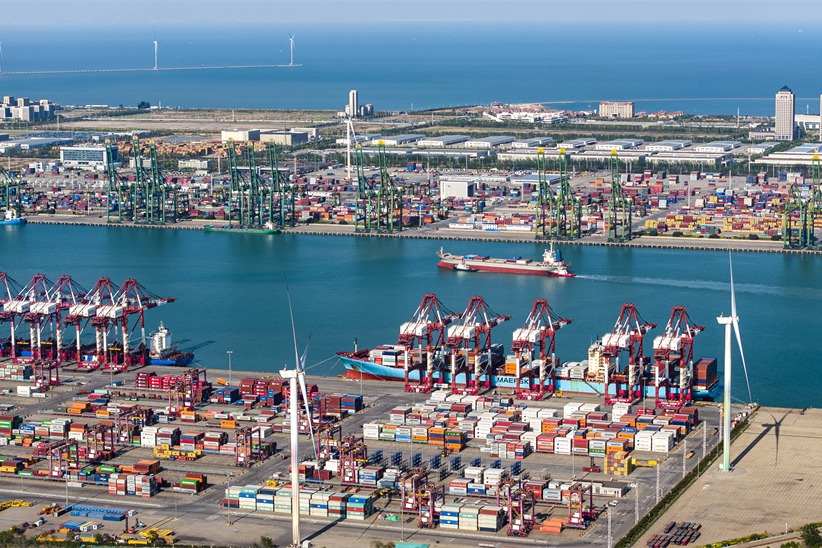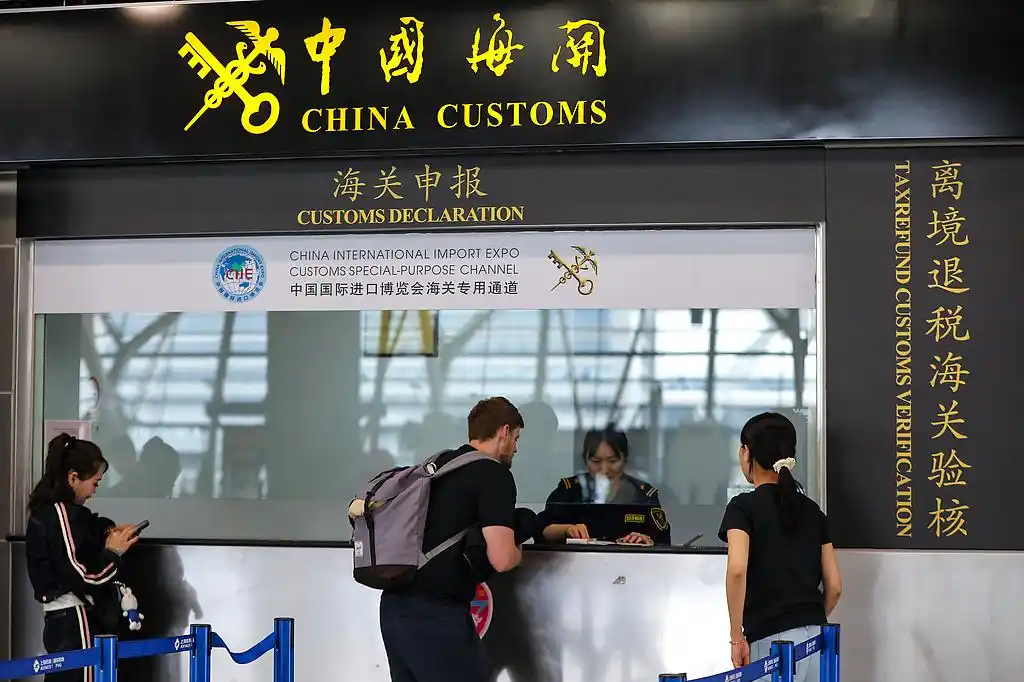Livestreaming plays key role in growth


Livestreaming e-commerce, the practice of promoting products via live online broadcasts, has played a vital role in bolstering the growth of consumption and expanding employment, serving as an important force driving China's high-quality economic development, a new report said.
According to a report released by the research institute of the China International Electronic Commerce Center, a livestreaming room can generate more than 30 new occupations and create a large number of jobs in the upstream and downstream of industrial chains.
These new professions include livestreaming hosts, video analysts, video editors and cost assessors, while new jobs related to the operation of livestreaming rooms include the selection of products, video script planning, content production and data traffic allocation.
Based on the survey from short video platform Kuaishou, among the enterprises that have been continuously conducting livestreaming marketing, over 70 percent of new customers come from livestreaming e-commerce and the speed of product innovation after livestreaming sessions has doubled, the report noted.
This indicates that livestreaming e-commerce has become a significant driving force for enterprises to acquire new users and promote industrial innovation.
The report pointed out that by leveraging cutting-edge digital technologies such as artificial intelligence and big data, livestreaming has offered consumers an interactive, immersive and real-time shopping experience, and an increasing number of brands are starting their own livestreaming activities on platforms to forge a stronger emotional connection with shoppers.
"E-commerce via livestreaming has not only profoundly changed consumers' shopping habits, but also injected new impetus into the country's economic growth," said Zhai Weibin, deputy head of the China International Electronic Commerce Center.
The report highlighted the significant role of livestreaming e-commerce in contributing to regional economic growth, driving industrial transformation and upgrades, supporting rural vitalization and expanding sales channels for agricultural products.
Li Yongjian, a researcher at the National Academy of Economic Strategy under the Chinese Academy of Social Sciences, said livestreaming e-commerce can help narrow the income gap between urban and rural residents, as research shows that if the gross merchandise value or GMV of fresh food increases by 1 percent during the livestreaming sessions, the per capita disposable income of rural residents will increase by 0.03 percent.
Data from market consultancy iResearch showed that the revenue of China's livestreaming e-commerce sector reached 5.8 trillion yuan ($803.3 billion) last year, with the compound annual growth rate reaching 18 percent between 2024 and 2026.
Experts said short-video platforms are doubling down on efforts to expand their presence in livestreamed shopping, with online traffic shifting from traditional e-commerce platforms to video-sharing apps.
Meanwhile, the rapid evolution of artificial intelligence has become a new engine bolstering the high-quality development of the livestreaming e-commerce sector, and is reshaping the landscape of the industry given that the technology has significantly improved operational efficiency, reduced labor costs and lifted purchasing conversion rates, the report said.
The report stated that through data analysis and algorithm recommendations, AI can precisely match the goods or services that consumers are most interested in and predict their demand, providing data support for the design and production of new products.
Livestreaming featuring AI-powered virtual hosts has also emerged as a new trend. Global consultancy Forrester said more business-to-consumer brands are using virtual hosts to attract digital-savvy and novelty-seeking young consumers, as they cost less than human talent and reduce risks such as celebrity scandals.
"Livestreaming could allow hosts to interact with customers in real time and answer their queries immediately, which will greatly improve people's shopping experiences and lure more shoppers to purchase online," said Chen Tao, an analyst with internet consultancy Analysys in Beijing.




































